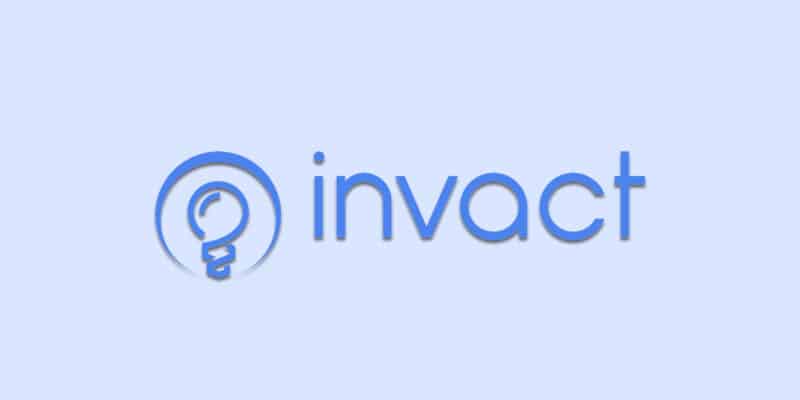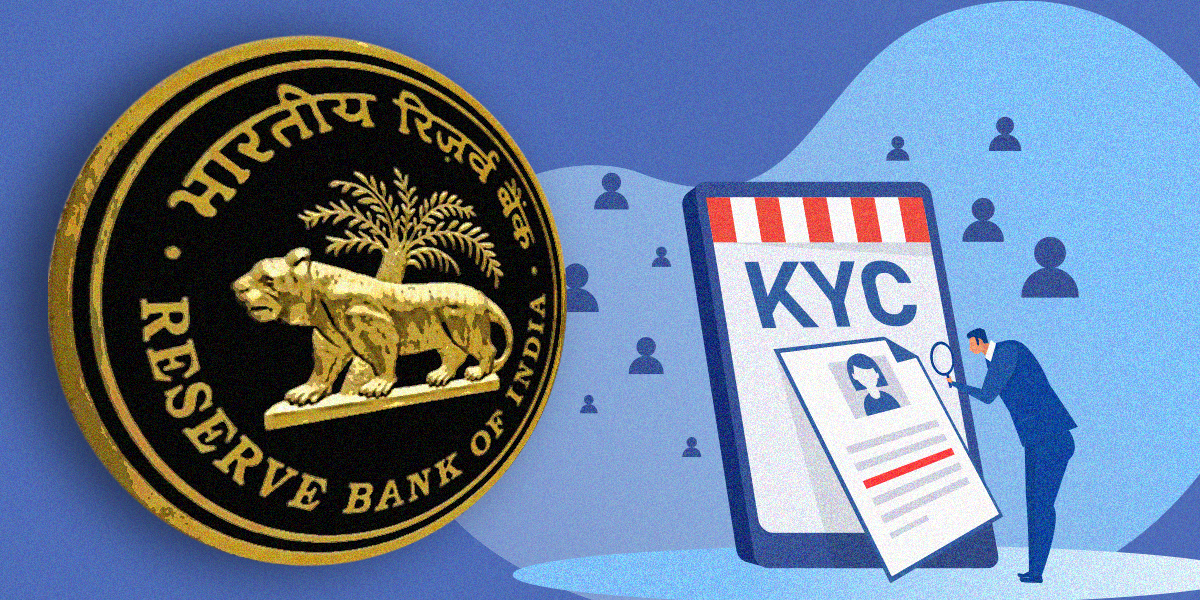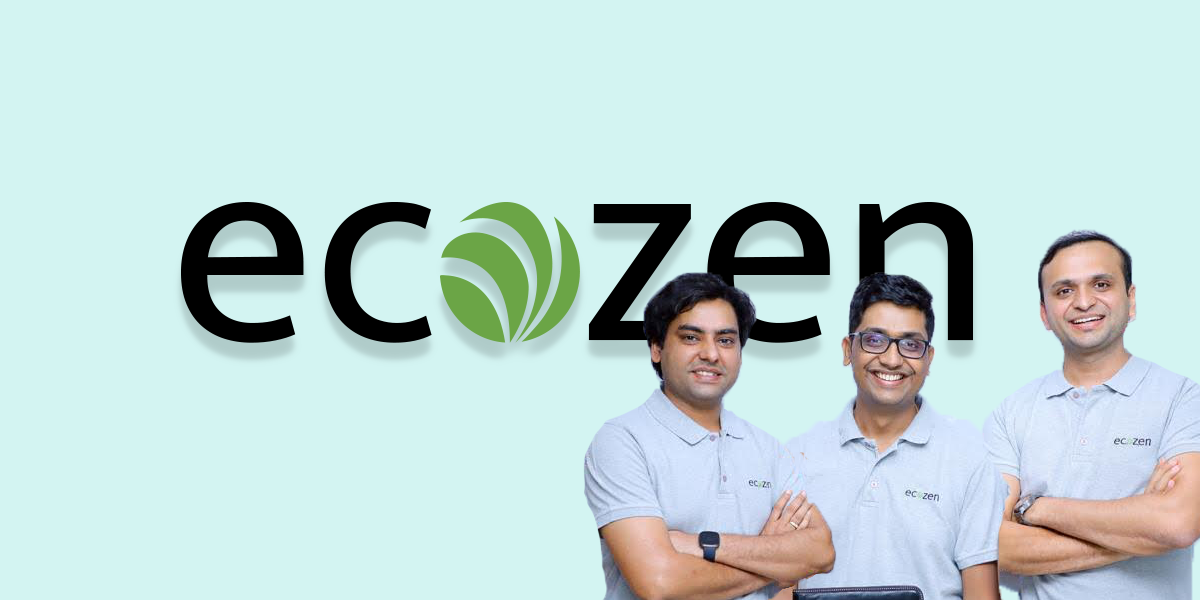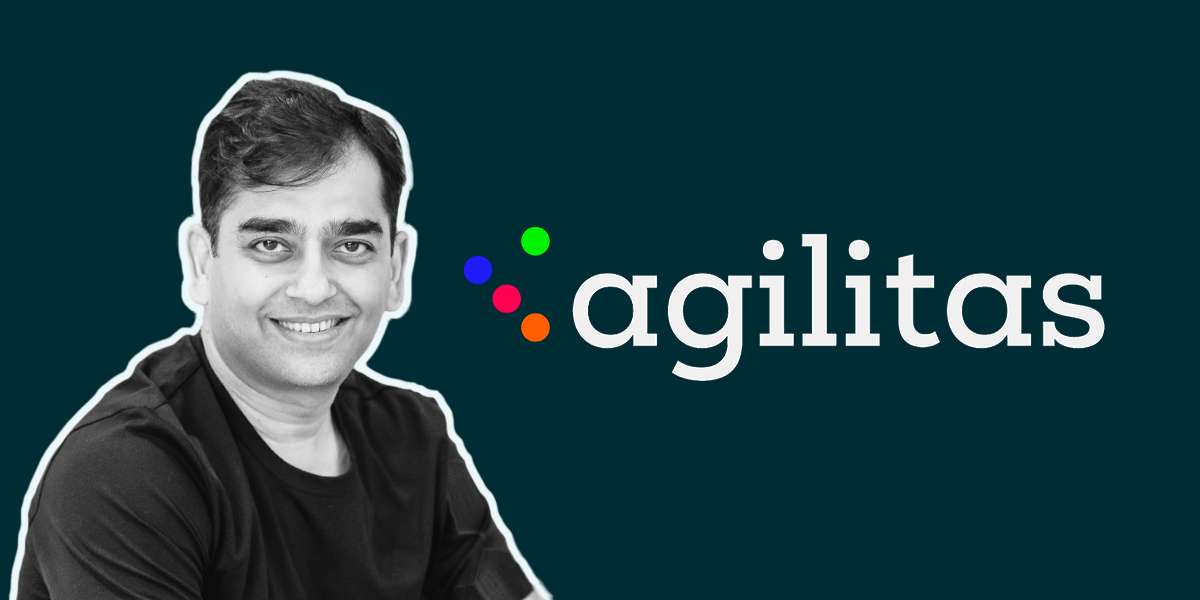Invact Metaversity, the startup co-founded by former Twitter India head Manish Maheshwari as a virtual education platform, looks set to shut down, or be left with one co-founder. According to tweets by Maheshwari and an email to investors written by Tanay Pratap, the other co-founder, the firm is deliberating on what the next steps could be.
The startling undoing of the firm comes mere months after it raised a seed round of $5 million in February. Now, it might refund unspent capital by giving investors 67 cents on the dollar. The company is also refunding class fees to its first cohort, and said it apologised to prospective ‘metaMBA’ students.
Some employees were let go with a two month severance.
It’s unclear what the factors leading to the potential wind-down of the business have been. Friction between the founders was pretty apparent, though, with Pratap accusing Maheshwari of not sharing information with minority investors, and even refusing to provide him the contact information of some of the company’s angel investors.
Pratap, who is Invact’s corporate director, said that Maheshwari had acted to fire enough employees so that the only 5 would remain, giving the company an 80 month runway, but that he refused to surrender legal control of the company or have founder salaries frozen to preserve the company’s fortunes.
“We are now standing at a crossroads exploring possibilities such as (a) cutting the burn rate and pivoting to another idea, (b) letting one of the founders take full charge, or (c) returning the unspent capital to investors,” Maheshwari said.
Amid all this, potential students have been left with a perilous future. The company once said that while its 16 week MBA course couldn’t outclass an Ivy League degree, aspirants otherwise looking to join a “third-tier” college would find Invact higher ROI option.
In an email to the cancelled cohort, provided to Entrackr by a registered student, the founders said, “We hereby express an unconditional apology for the inconvenience caused on account of cancellation of the course, however our intent is bona fide,” immediately adding a conditional clause to their unconditional apology.
The education sector is considered tough for a reason. It does not allow for the sort of quick about turns other businesses can require. Reputations are made over decades, if not longer. That is one reason it has higher regulation, or in the present context, increasing calls for higher regulation again. The failure of startups like Invact Metaversity unfortunately only makes the case for such regulation stronger.
The shutdown might yet be a distant second to being acquired in India’s edtech sector, but as we have said earlier, a return to normalcy will not be a kind environment for many of India’s edtech firms who thrived in the extraordinary circumstances of the pandemic, with some even managing to convince investors that the new paradigm of digital teaching was here to stay at the same level.














